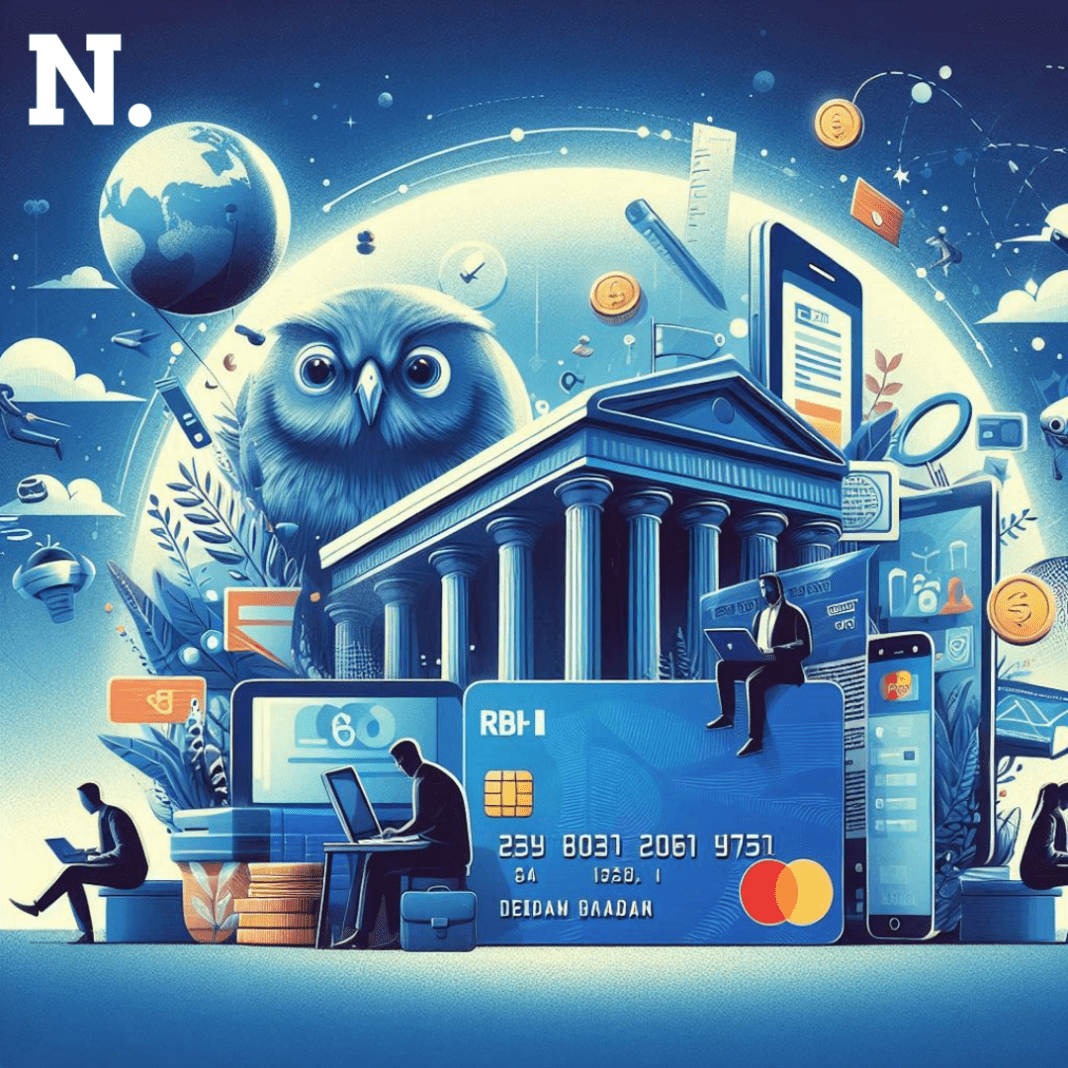A circular of the RBI now beckons to a paradigm shift in processing credit card bill payments, starting from July 1, 2024. The mandate shall necessitate all credit card bill payments transiting via Bharat Bill Payment System—one-stop, centralized billing network. This would enhance security and smoothen the payment process but has posed a problem to fintech companies like Cred, PhonePe, BillDesk, and Inbeam Avenues that have built their business models around facilitating credit card bill payments.
RBI Mandates BBPS for Credit Card Payments
The National Payments Corporation of India, under the supervision of the RBI, controls the Bharat Bill Payment System as its centralized entity. Initially developed for utility and toll payments in the first phase, it now accommodates credit card bill payments as well. It would come up with an integrated network for processing all recurring payments and cut down integration costs for issuers, besides improving oversight of collection points and bringing in a uniform grievance redressal mechanism.
Currently, credit card payments account for just about 1.5% of all transactions processed via BBPS. This is because big private banks like HDFC Bank, ICICI Bank, and Axis Bank have not integrated their system with BBPS. Of the 34 banks in India licensed to issue credit cards, only eight have enabled bill payments on BBPS.
The new mandate of RBI driven with enhanced security in credit-card bill payments. When all payments are routed through BBPS, we can keep tabs on payment trends, detect and prevent fraudulent transactions, and create a secure and efficient payment ecosystem. In the current system, each channel is responsible for closing its own gaps and ensuring secure, adequately oversighted channels for payments.
RBI: Impact on Credit Card Users
The mandate is a change and a challenge in some ways for the credit card user. Today, most users pay their credit card bills through net banking, Auto-Debit Mandates, and by using third-party apps like Cred or PhonePe. In the new mandate, the use of this option by third-party applications will be curbed. Mainly for major bank users who have not integrated with the BBPS. This means the existing customers of HDFC Bank, ICICI Bank, and Axis Bank. All three accounting for a lion’s share of the credit card market. Should not be expecting any reward points, cashback, or coins via these platforms. Until their banks turn on the BBPS spigot.
However, SBI Card, Bank of Baroda Card, Kotak Mahindra Bank, Federal Bank, and IndusInd Bank users will not face any disturbance since these banks have already turned on bill payment facility with regard to BBPS.
Challenges for Fintech Platforms
The mandate thus becomes a big challenge for fintech firms like Cred, since its business model revolves around credit-card-bill payments. Cred said its platform made 33% of all credit-card-bill payments by value in FY23. Total payment value surged 77% year-over-year to ₹4.4 lakh crores for the company, even as India’s entire credit cards spending increased by 27% to ₹18.3 lakh crores.
The new mandate may cause fintech platforms to lose a significant number of transactions and customers. Direfully, the platforms have integrated with credit card-issuing banks directly to decrease payment processing charges, allowing rewards to users. The disruption may cause the user engagement and financial transactions through these platforms to fall.
Industry Response and Future Outlook
In response to the RBI mandate, the fintech platforms have sent in a formal petition—through the Payments Council of India—seeking a 90-day extension of the deadline to the RBI. This would allow them requisite time to work with the banks and adopt the BBPS. This month, the RBI is expected to make a call on it.
With the deadline getting closer, the fintech industry waits with bated breath for the next move by RBI. Companies in India hoping for BBPS extension from RBI. Allow them to continue using credit card bill payments through the digital system transition. Otherwise, such companies will have to rapidly innovate and adapt in order to be relevant in fast-evolving markets.
Users of credit cards have only a few days left to pay through the existing platforms. And receive the additional rewards being given out by these fintechs. While BBPS is one more step towards a more secure and efficient payment ecosystem. This episode actually reflects how much traditional financial institutions and fintech innovators need to collaborate. With each other to ensure that the transition is smooth and fruitful for all stakeholders.





